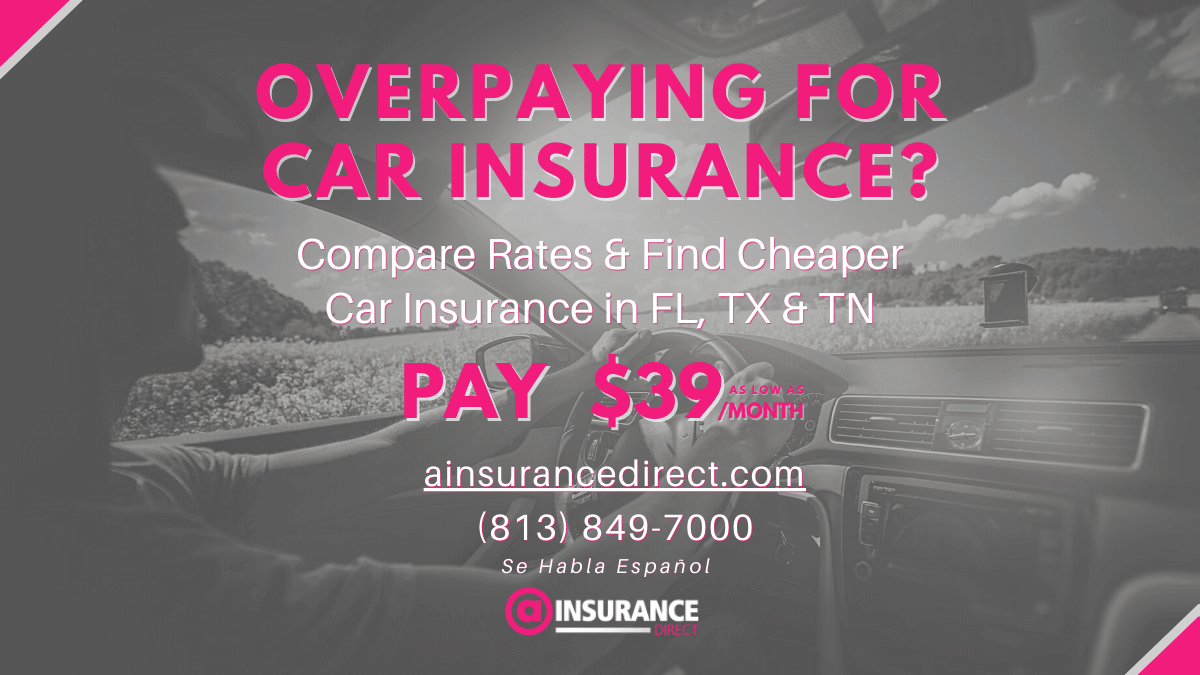Car insurance is an critical aspect of responsible vehicle ownership, yet many people find it challenging to understand the multiple options at hand. Incidents, whether minor mishaps or major collisions, can happen to anyone at any point in time. That's why having the right coverage is so vital. With car insurance companies near dallas, tx , you can safeguard yourself, your passengers, and your financial well-being in the event of an unexpected incident.
Understanding the various types of car insurance policies can help you make knowledgeable decisions adapted to your unique needs. From liability coverage to full coverage options, each option serves a distinct purpose in protecting your belongings. This article will assist you through the important considerations and options you should weigh when choosing the ideal car insurance plan, ensuring that you are ready to face whatever life presents your way.
Understanding Automobile Coverage Categories
Car insurance is essential for safeguarding yourself and your vehicle on the road. There are several forms of insurance available, all intended to satisfy varied requirements and circumstances. The most prevalent types include liability coverage, collision insurance, and comprehensive insurance. Liability coverage pays for losses or injuries you cause to other people in an accident, while collision insurance assists pay for repairs to your own vehicle after an accident, irrespective of who is at fault. Comprehensive insurance protects against non-accident events, such as theft, damage, or natural disasters.
Another significant type of auto insurance is personal injury protection and medical expense coverage. This insurance pays for medical expenses for you and your passengers after an accident, regardless of fault. PIP can also cover income loss and additional expenses, which makes it a essential option for those worried about medical expenses following an accident. Some states mandate PIP coverage, while others offer it as an optional add-on.
At last, uninsured and underinsured motorist coverage safeguards you in situations where the at-fault driver does not have coverage or does not possess sufficient protection to pay for the damages. This form of auto insurance is essential, as it ensures that you are not left bearing the costs for fixes and health expenses due to someone else's negligence. When selecting your car insurance, it is essential to take into account these different forms of coverage to ensure you are properly protected on the road.

Factors Affecting Auto Insurance Rates
Various factors can significantly impact the amount of your car insurance rates. One of the key factors is the kind of car you own. Cars that are higher-priced to fix or substitute will usually lead to higher insurance premiums. Additionally, autos with a higher probability of theft or those that are missing safety features can result in increased insurance costs. Insurance providers often evaluate the risk associated with different models and that can directly influence how much you spend.
Your operating history also plays a significant role in affecting insurance fees. Motorists with good records, clear of accidents and traffic violations, are often rewarded with reduced rates. Conversely, a track record of collisions or violations can signal to insurers that you are a greater risk, leading in increased premiums. Consistently assessing your driving practices and striving for cautious driving can assist maintain your premiums in check.
A further important factor is your location. The area where you live can affect your cost due to different risks. Urban areas tend to have greater levels of collisions and larceny compared to countryside locations, which can result to higher rates for motorists in urban areas. Additionally, factors such as local weather patterns, crime rates, and population density all contribute to how much you might spend for auto insurance in your specific region.
Tips for Choosing the Right Coverage
As you consider selecting car insurance, you must evaluate your personal needs and requirements. Consider factors such as your driving habits, the age and value of the car you own, and how frequently you drive. As an illustration, if you have a new or expensive car, comprehensive and collision coverage could be useful. If you drive less frequently or own an older vehicle, you could choose liability coverage only to reduce on premiums.
Another aspect to think about is being aware of the various coverage types available. Familiarize yourself with terms like liability, collision, and uninsured motorist coverage. All of these plays a specific role in protecting you, your passengers, and your vehicle in various situations. Examine policies from multiple insurers and look for any extra benefits available, such as roadside assistance or accident forgiveness, which may enhance your coverage.
Ultimately, make sure to seek clarification and get guidance from insurance representatives. They can offer advice tailored to your situation and help clarify any ambiguous aspects of your policy options. Evaluating your coverage annually is also a good idea to ensure it still fits your requirements as circumstances change, like relocating, getting a new vehicle, or shifts in your financial situation.
